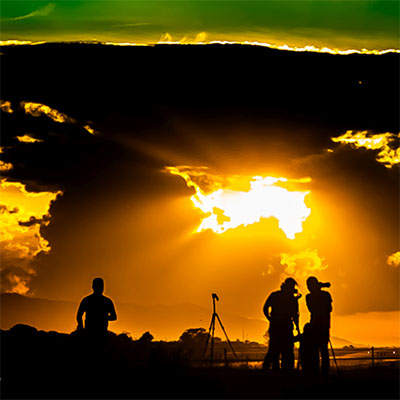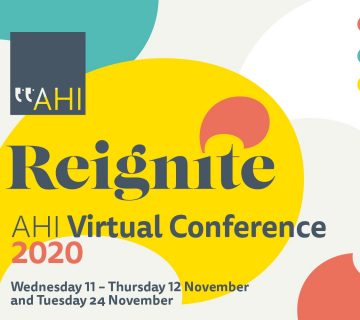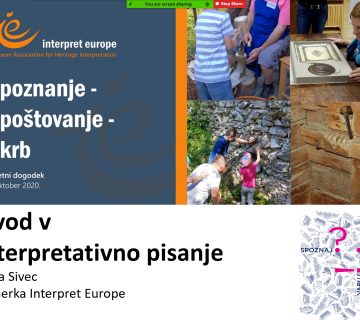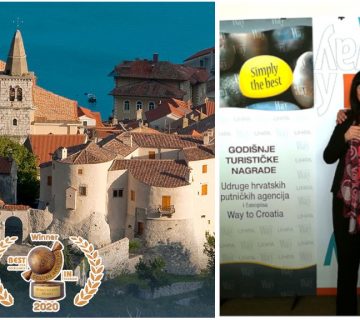9 December 2021, 18:00 CET
Climate change may prove the ultimate challenge for interpreters. It may be one part technology and two parts beliefs and perceptions, squarely within the communication realm of heritage interpretation. Yet climate change stretches its tentacles, not just in our physical, scientifically measurable world, but throughout the abstract, subtle, philosophical, and spiritual dimensions into which many people do not or cannot peer. Consequently, all people see only parts of climate change and some deny its existence altogether. But those who see very little or those who enjoy a deeper and broader understanding are not randomly selected, rather they distribute across worldviews; as those who inhabit different worldviews construct reality — climate change in particular — very differently.
As interpretation guru Sam Ham says, “The audience is everything.” Every professional communicator, interpreters without exception, then, must thoroughly comprehend their audience in order to make their interpretation relevant, to mobilise audience values, unlock their stories, and ultimately meet them where they are. Interpreters, however, cannot do this successfully if they are unaware of worldviews, including their own, and how people who hold these worldviews construct reality. In this webinar, we will explore how and why it is so important for interpreters to understand worldviews for all interpretation and how this understanding can greatly improve their effectiveness in interpreting climate change at a time when perhaps no other problem for civilisation looms so large.
For background, see Jon´s article, “Have you ever played catch with a hyperobject?” in the Autumn issue of Interpret Europe´s newsletter. For a more technical version, see Yale Climate Connections.
Jon Kohl is the founding director of the PUP Global Heritage Consortium, an international non-profit that applies a holistic focus to heritage management and conservation. Jon is also an interpretation trainer, planner, and freelance writer with two published books on interpretation. His writing increasingly deals with global and climate change from a holistic-integral perspective. See his publications at ResearchGate.




